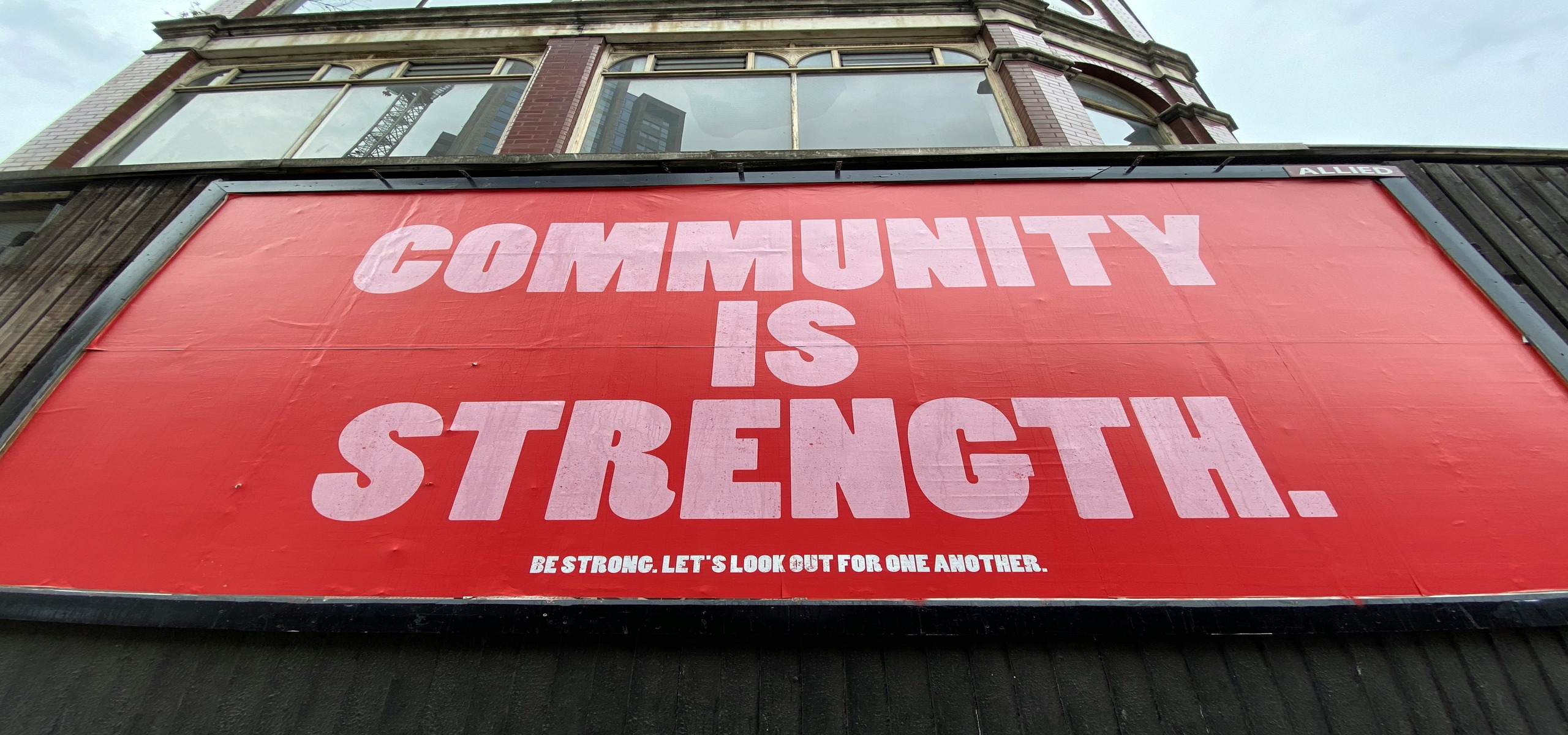Making the stranger, familiar

What makes us strangers?
By definition, a stranger is someone you do not know, someone with whom you are not familiar. It has nothing to do with that person’s identity, nationality or place of origin. To equate the two as such – as Starmer did in his speech on Monday – is not only wrong, it’s dangerous. Because when we call someone a stranger, we’re not only describing division, but we’re also creating estrangement.
Words are powerful, and when they’re weaponised in this way, we must be vigilant. Indeed, when Starmer echoed the words of Enoch Powell’s notorious rivers of blood speech, warning that we ‘risk becoming an island of strangers’, it’s important to take a moment, to consider the meaning and consequences of these terms.
When we consider the power of language, it’s crucial to remember that nations are not fixed entities. They are, as suggested by Benedict Anderson ‘imagined political communities’. When political rhetoric casts migrants as inherently outside the national community, it traps them in a permanent state of ‘otherness’ – viewed as perpetual strangers. The language is important, because it is with words we re-write borders, it is through ideas that we create boundaries of belonging.
This discourse is dangerous because it taps into our psychological tendency to divide the world into ‘us’ and ‘them’. The rhetoric is disruptive because it reinforces our in-group out-group biases, suggesting that to fit in, to be familiar, you must be born British. Indeed, when political leaders validate this nativist idea that migrants inherently don’t belong, they feed into the most dangerous impulses of group identity: tribalism, scapegoating and the dehumanisation of ‘outsiders’.
We must shift the story – because stories shape reality. The availability heuristic explains this dynamic: the more people hear about the supposed ‘threats’ of migration, the more vivid and real their fears become – regardless of the evidence. While migration is an important issue for voters, leaders have a responsibility not to create hysteria or amplify anxiety. Where we know that, psychologically, people crave control – politicians should resist using language that creates a sense of chaos or threat. Rather than promoting a narrative of fear, politicians should reassert a sense of order, and more than that, they should address the systemic causes of division – investing in public services and community infrastructures. Our leaders have a duty to resist fragmentation and forge connection.
Indeed, rather than letting the far-right’s scapegoating rhetoric seep into the mainstream – the government needs to be advancing actions that enfold migrants into the community, that dissolve the arbitrary boundaries between ‘us’ and ‘them’ and make the ‘stranger’ familiar. This means creating spaces for everyday interactions and encounters; this means promoting a culture of tolerance and empathy. Because social cohesion is not born out of cultural sameness – it is forged through shared experiences. As decades of psychological research on the ‘contact hypothesis’ shows – regular, positive contact between groups reduces prejudice. As Sarah Owen (Labour chair of the women and equalities committee) suggested – ‘The best way to avoid becoming an ‘island of strangers’ is investing in communities to thrive – not pitting people against each other’… but creating space for shared experiences.
Ultimately, if we want to build a country that ‘walks forward together’, as Starmer claims, we must build a politics that resists division, that speaks to our shared human need for connection. Indeed, Britain is facing a crisis of estrangement. Recent polling from More in Common showed that 50% of Britons feel disconnected from society around them. But the data shows that the problem is not immigration, the problem stems from the disinvestment in and loss of community spaces, the issue arises from inequality and social fragmentation, from the emergence of social media. People are feeling isolated and lonely. We are, all of us – strangers. And it’s that which needs to change.
So, let us be reminded: our island was built on migration. Our strength lies in our country’s diversity and cultural richness. Migrants are not strangers – they are our friends, neighbours, colleagues and family members. Further, to be a stranger is not a fixed category, and if we want to walk forward as a nation, we must do much more to make the stranger familiar. We must resist divisive rhetoric – and instead promote a culture grounded in empathy and belonging.

